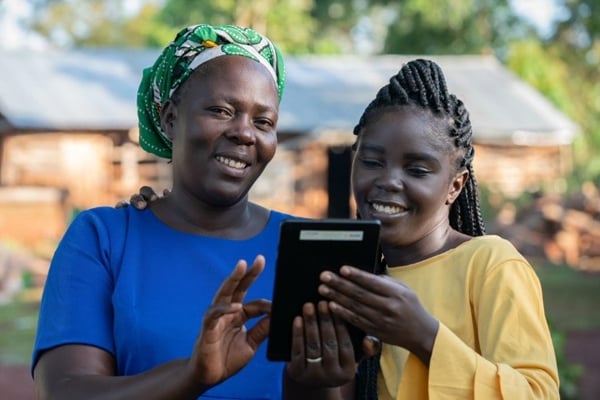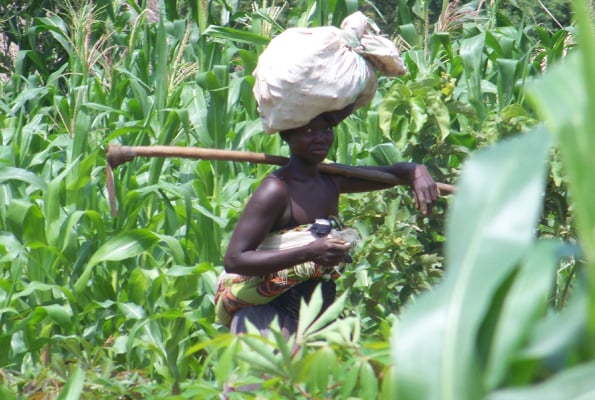Prime
How farmers can embrace e-farming

Farmers will be able to use technology to monitor their crops. Photo/courtesy
What you need to know:
- Since most farmers in Africa are smallholder farmers and mostly poor, it is upon agricultural experts and other stakeholders involved in the sector to come up with business models which can be employed in collecting and processing key agricultural data for farmer access.
E-agriculture is a global community where people from all over the world exchange information, ideas and resources related to the use of information and communication technologies for sustainable agriculture and rural development.
This can only be possible if farmers have access to communication tools such as mobile phones, computers and any other communication tools.
However, experts note that in Uganda, physical telecommunication infrastructure is unevenly distributed across the regions and there are gaps between rural and urban connectivity to enable successful e-agriculture.
Background
African agriculture is faced by many challenges and yet technology especially satellite and drone assisted mapping technologies are poised to improve decision making for farmers and governments. Others include use of mobile phones to access information about best farming practices and weather alerts that can influence farmers about planting periods.
However, since most farmers in Africa are smallholder farmers and mostly poor, it is upon agricultural experts and other stakeholders involved in the sector to come up with business models which can be employed in collecting and processing key agricultural data for farmer access.
Innovations
In Uganda, the spread of agronomical information is quite challenging, and the number of extension officers cannot meet the growing demand from farmers who often need immediate assistance.
Thanks to innovations in information technology, mobile and web-based platforms which are growing and proving to be a huge help.
There are stakeholders such as m-Omulimisa that provide smallholder farmers with real-time farming information and solutions written in local languages via mobile technologies.
Farmers can use their phones to ask questions in languages that they understand and receive understandable feedback from extension officers within their locality.
Efforts to apply e-farming
However, there is now concerted effort in advancing the idea of farmers being on board to embrace e- farming.
The National Information Technology Authority (NITA) is already negotiating with various government agencies to ensure taxes are reduced on importation of mobile phones in a bid to reduce their price and make it affordable to farmers to acquire and be able to adopt e-agriculture practices.
According to the director e-government services at NITA, Collin Babirukamu, his agency is working to accelerate e- agriculture for farmers to be beneficiary.
While presenting a paper on the topic “ICT as a tool for accelerated modernisation of agricultural value chains” during the Naro – Makerere University agricultural conference held in Kampala recently, Babirukamu explained that it is important for government to facilitate an enabling environment for sustainable digital agriculture ecosystem to benefit farmers and agribusiness.
He contends that for farmers to embrace e-agriculture there is need for fibre connectivity across the country to enable those dealing in agriculture value chain to access information.
Social media tools
ICT can be used especially on Apps that can be accessed using mobile phones for obtaining information about markets and prices of agricultural commodities. Farmers can get information on how to get connected to buyers in markets in the entire African region and beyond.
Other services include receiving instant money on phones for agricultural business transacted, plant health information about pests and diseases of specific plants including information on crop yields once the best farm management practices are followed.
The key tools to apply e- services are for farmers to own mobile phones and have access to the Internet.
This means a phone with social media services such as Whats Apps, emails including Facebook and LinkedIn among others.
Since there is the challenge of electricity connectivity in the rural areas the team is commending use of solar energy for now for Internet connectivity.




